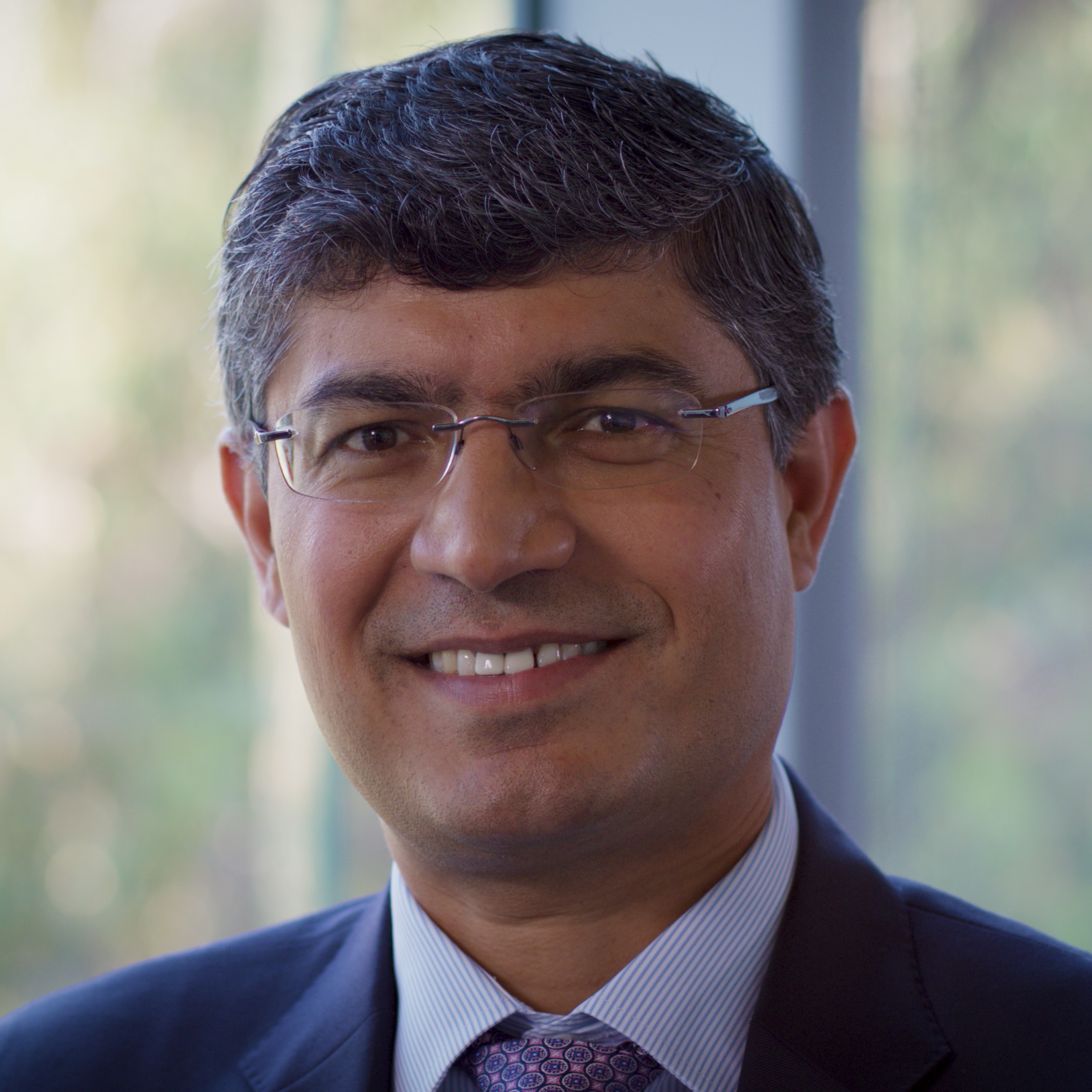Article
Improving Food Allergy Testing & Collaboration
Author(s):
What other specialties should become more involved in the network of care for allergic patients?
The whole picture of food allergy care is not yet complete. For starters, allergists can use some better diagnostic tools—as well as some help across specialties.
In the next segment of an interview series with MD Magazine® while at the American Academy of Allergy, Asthma & Immunology (AAAAI) 2019 Annual Meeting in San Francisco, CA, Edwin Kim, MD, MS, and Scott Commins, MD, PhD, colleagues from the University of North Carolina School of Medicine, laid out the current state of diagnosis capability in food allergy, then highlighted a pair of specialties that could become more valued role players in the comprehensive treatment of food allergy.
MD Mag: Do current food allergy tests and diagnosis practices need to be updated?
Commins: Yeah, this plagues all allergists. We have this idea of sensitization—so, you've run an IgE test, and if the clinical history doesn't fit, then you're left with a positive result in a patient who may eat the food fine. And I think we all struggle with, “What do you do in this situation?” Clearly, one of the goals for us with the COFAR (Consortium of Food Allergy Research) portion, and being biomarker-heavy, is to try to figure out if there’s a way that we can approach this to help advance the field from that dilemma.
Kim: I definitely agree. There's so much interpretation that has to go into the testing that we have right now. It gives us some level of job security in a way, but in all seriousness these are tests that are readily open for many other providers to use, not just allergists. But if they don't have the expertise to interpret that, because right now they are very imperfect, I think it does set up a scenario where you're going to have all sorts of confusing diagnoses that are going on out there. So anything we can do to tighten those tests up, or come up with new ways to do it would be really, really helpful.
I know Dr. (Robert) Wood talked a little bit about some of these alternative diagnostic tests like basophil activation tests and some others. And it's out does sound like these are moving along, but I do wish they would come along a little faster.
What other specialties have a role to play in allergic care?
Commins: It's an interesting question. I have to say, from the alpha-gal syndrome allergy, we are seeing 2 specialties that are really important for us. And one is dermatology, where folks are coming in with particularly nighttime or urgent-care itching that seems to be elusive. So, getting the word to the dermatologists that you can have a food allergy that presents—not necessarily concomitant with consumption of the food—has been important.
Secondly for that AGS side has been gastroenterology, because we're finding a lot of folks who complain of distinct abdominal pain without the sequela that you and I would think as allergist we'd see. So, that's been 2 that have been important for that side.
Kim: I'd absolutely agree with both of those. With dermatology, skin is the most common presenting symptom of a lot of these reactions. If we swing back to what we started the conversation about, with immunotherapy and oral immunotherapy, there's been so much attention around the GI system, not only from the diagnosis, but even with the treatments. The gastroenterologists potentially are going to be very important.





